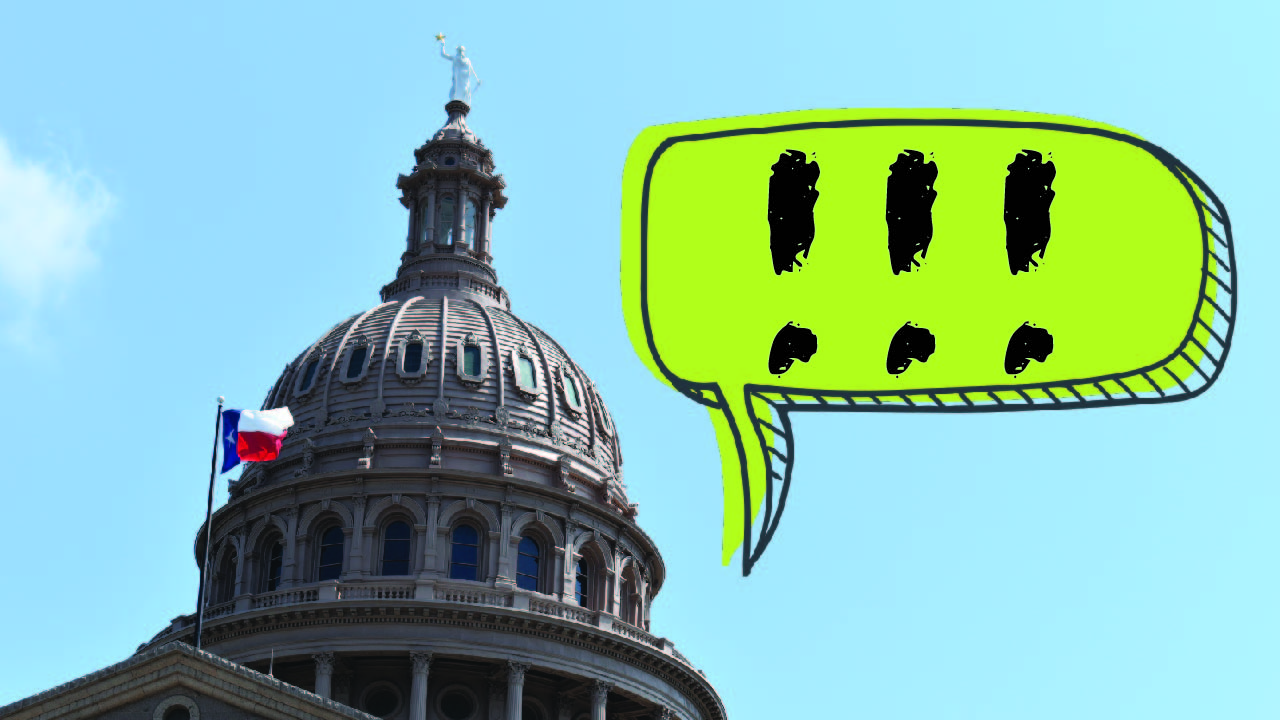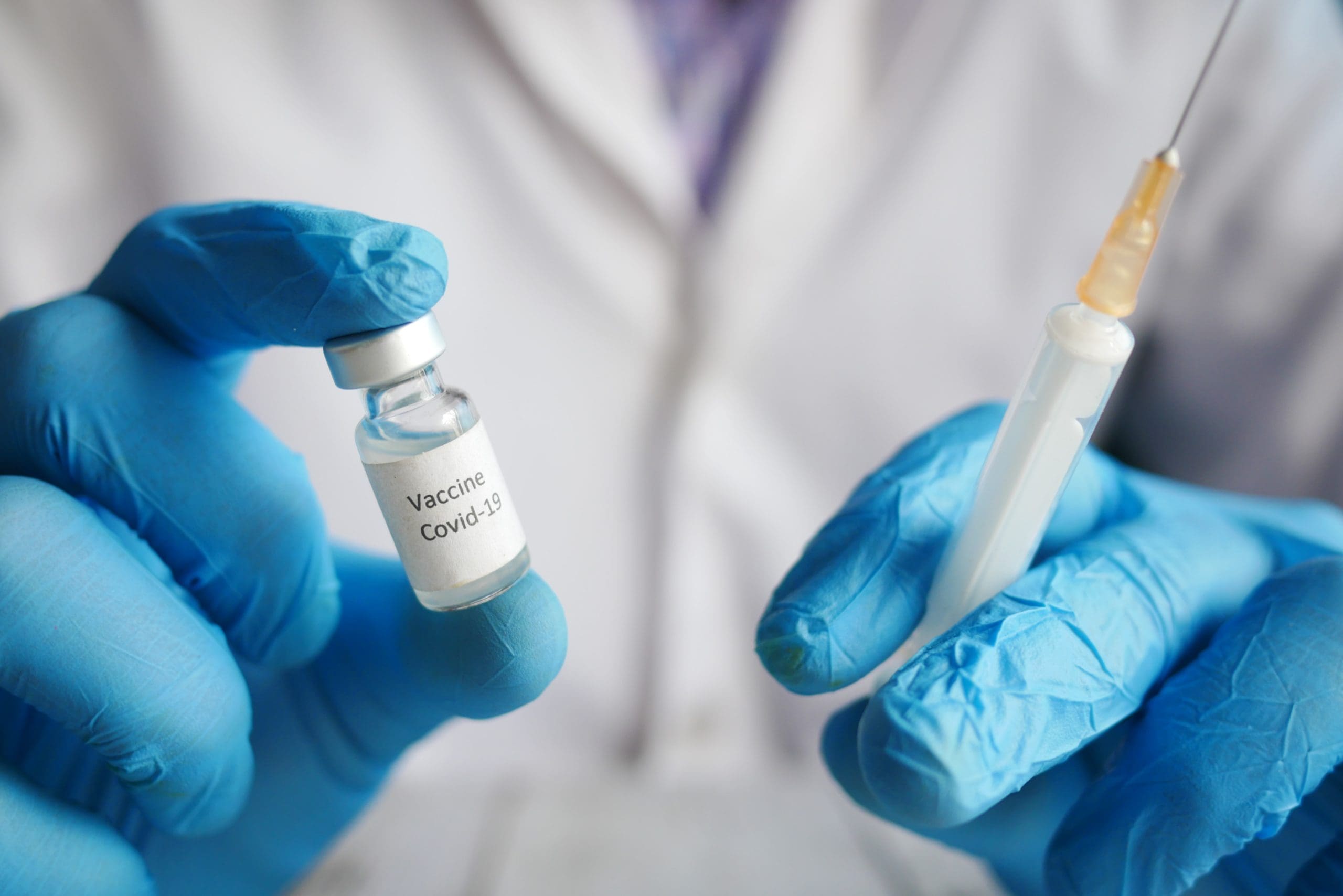An agreement to implement mass contact tracing in Texas is drawing strong criticism from residents as well as state lawmakers, who are weighing in on the $295 million, 27-month contract that was rushed into place by the Texas Department of State Health Services (DSHS).
The term “contact tracing” refers to a process where researchers attempt to identify everyone a confirmed carrier of the Chinese coronavirus may have come into contact with. Those potentially exposed are then reported to public health authorities and encouraged to get tested or be quarantined.
To date, contact tracing has been an effort carried out by local officials. The state’s agreement with Frisco-based company MTX Group calls for hiring 4,500 call center agents over seven months, though MTX says it can source “well beyond 5,000 agents if required.”
DSHS would be in charge of administering the multimillion-dollar program.
The agreement has immediately come under fire from Texas residents and lawmakers alike.
A Facebook group called “Texans Against Contact Tracing” has quickly grown to over 9,000 members, with a flood of comments from residents wary that the massive surveillance program may lead to further erosion of civil liberties.
Texas Scorecard spoke with multiple lawmakers regarding the agreement.
“The government overreacted to this virus from the start, and now it is continuing that overreaction while spending $300 million for a program that appears to threaten the liberties of my constituents and all Texans,” said State Rep. Tony Tinderholt (R–Arlington). “I am very concerned.”
State Rep. Kyle Biedermann (R–Fredericksburg) told Texas Scorecard that residents should pay careful attention to the government’s actions in response to the COVID-19 outbreak.
“Everyone should pay close attention because we might be giving away our right to privacy and civil liberties in the name of safety,” Biedermann said. “All participation must be voluntary opt-in, not voluntary opt-out.”
The massive tracing agreement also caught the wary eye of lawmakers in West Texas, with State Rep. Dustin Burrows (R–Lubbock) saying he is still searching for an unredacted contract to review.
“In this case, I do believe responding to the Wuhan virus is a legitimate government purpose,” Burrows said. “However, the question becomes, ‘Is this response, or any other, the least restrictive means available?’”
State Rep. Brooks Landgraf (R–Odessa) weighed in on what he had heard so far regarding the MTX contract, before he had obtained a copy for review.
“I don’t like that a $295 million contract was signed without any collaboration with the public or the legislature,” Landgraf wrote via his campaign Facebook page:
“I’ve heard two takes on the contact-tracing practice: some say it’s a direct threat to our civil liberties and is a ‘big brother’ scheme, while others say it is purely voluntary and has been going on for decades in relation to other infectious diseases. When opinions are extreme on both ends of the spectrum like this, the truth usually lies somewhere in between, and I’m trying to understand the truth.”
Other lawmakers who have reportedly expressed concern over the nature of the agreement include State Sens. Paul Bettencourt (R–Houston), Bob Hall (R–Edgewood), and Kel Seliger (R–Amarillo).
It is worth noting that the contract has been released in heavily redacted form to the Houston Chronicle, with the state reportedly giving MTX Group the discretion to decide what information to keep from the public view.
Texas Scorecard has not yet received a response to the open records request for the contract.
Follow this link to view a copy of the contract that was redacted by MTX Group.





